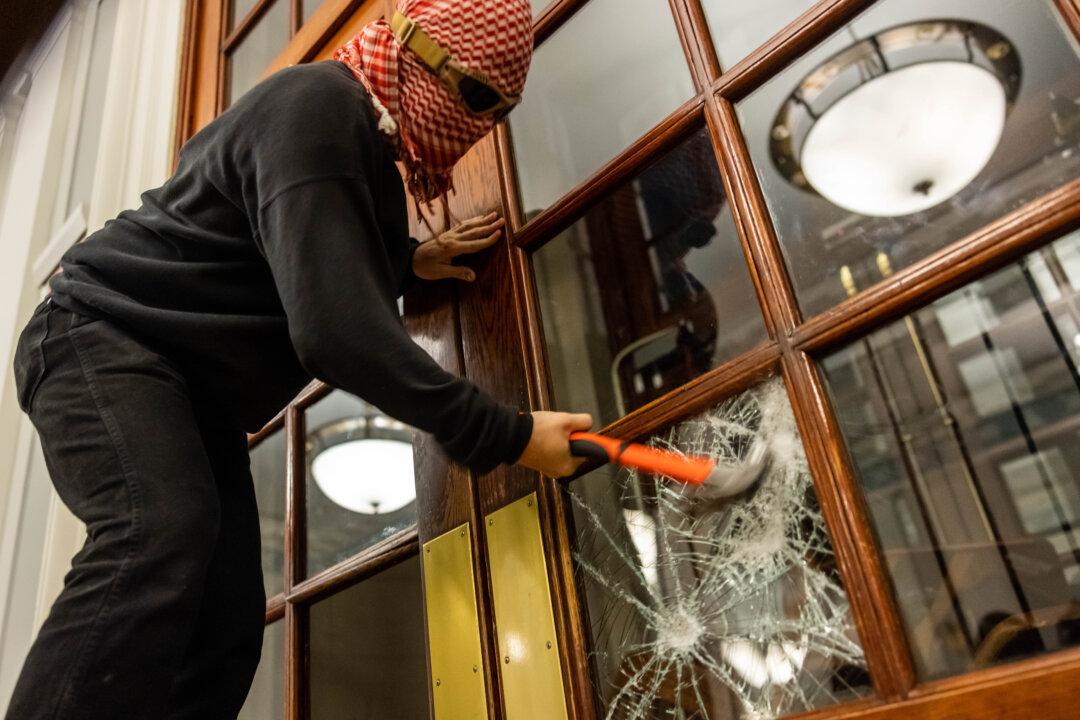Commentary
The hallmark of campus demonstrations by pro-Palestinian groups has been the construction of “encampments” where protesters can listen to radical speakers, present demands to campus administrators, and practice the latest chants.

The hallmark of campus demonstrations by pro-Palestinian groups has been the construction of “encampments” where protesters can listen to radical speakers, present demands to campus administrators, and practice the latest chants.